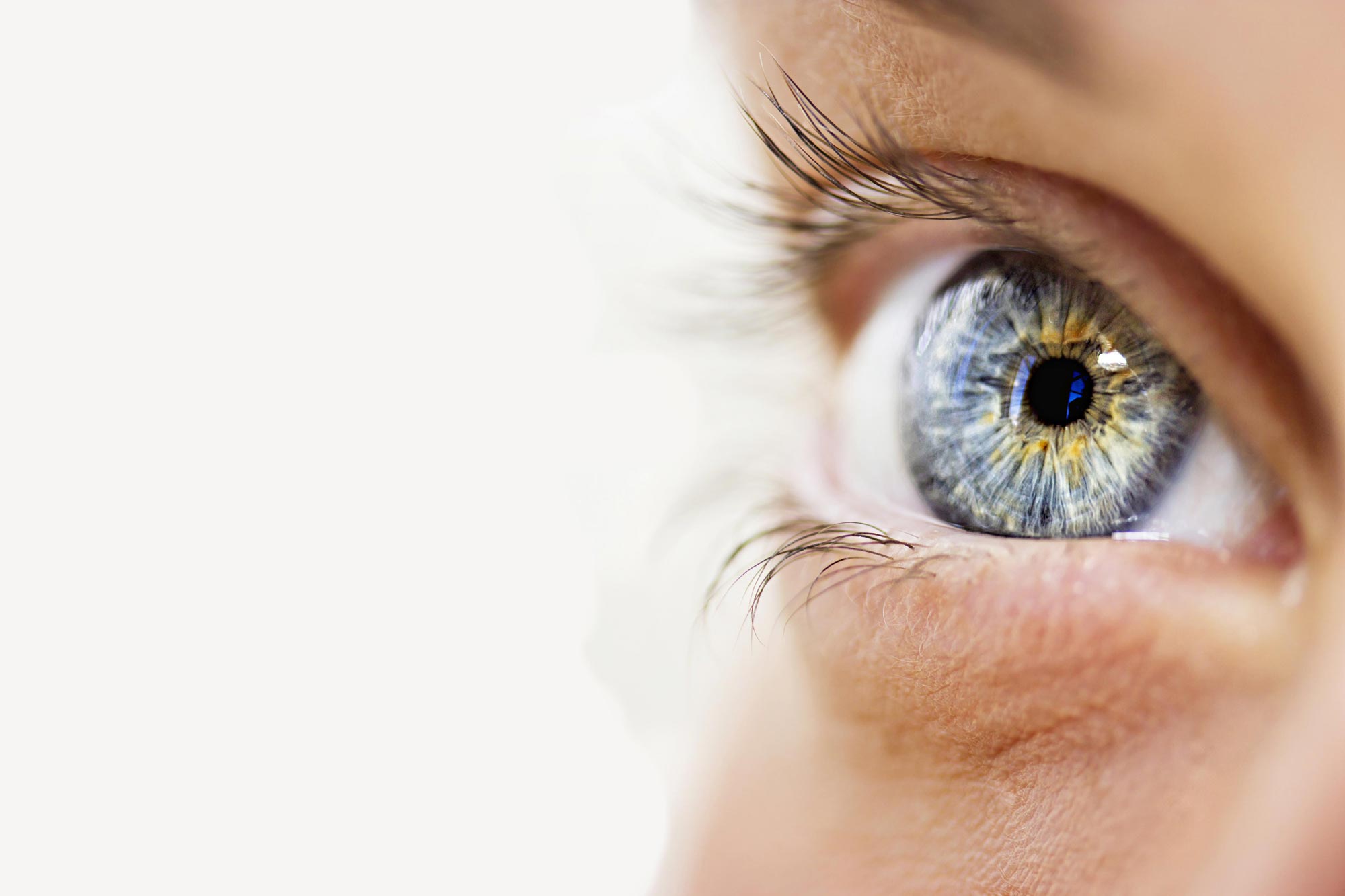Neurologist in Andalusia: Advanced Brain Health Solutions at Our Clinic
Is Refractive Surgical Procedure Right for You? Variables to Think About for Better Eyecare
In the world of eye care, the decision to go through refractive surgery is a significant one that requires thoughtful consideration. As individuals look for quality and freedom from the restrictions of rehabilitative lenses, various aspects enter into play when figuring out the viability of such a procedure. From the complexities of one's eye health and wellness to the ins and outs of personal assumptions and everyday routines, each facet holds significance in the broader landscape of refractive surgical treatment candidacy. By evaluating these crucial aspects with treatment and accuracy, a more clear course in the direction of notified decision-making arises.
Eye Wellness Analysis
When considering refractive surgical procedure, a detailed eye health and wellness examination is important to examine the suitability of the treatment for each and every individual. neurologist andalusia. This examination includes a series of tests and exams performed by an eye care specialist to establish the general health of the eyes, the visibility of any hidden conditions, and the stability of the refractive error
During the analysis, different factors are taken right into account, such as the client's case history, current eye prescription, corneal thickness, student dimension, and tear movie quality. These assessments aid to determine any contraindications to refractive surgical procedure, such as corneal abnormalities, cataracts, or unattended eye infections. Furthermore, the analysis assists to take care of client assumptions concerning the possible outcomes of the surgical treatment based upon their distinct eye features.
Ultimately, the eye health and wellness examination is vital in making certain the safety and effectiveness of refractive surgical treatment, as it supplies useful understandings right into the person's eye health status and helps identify the most appropriate treatment options for accomplishing optimum aesthetic end results. (cardiologist andalusia)
Lifestyle Assessment
A comprehensive lifestyle assessment is integral in determining the suitability of refractive surgery for a person's aesthetic modification requirements. Way of living factors such as profession, leisure activities, and daily tasks play a crucial role in the decision-making procedure pertaining to refractive surgical procedure. People with professions that involve a high level of physical activity or direct exposure to ecological elements might have different visual needs compared to those with sedentary workdesk tasks. Understanding just how a person's lifestyle might impact their vision post-surgery is essential for taking care of expectations and making certain ideal outcomes.
Moreover, lifestyle routines such as sports involvement, outdoor tasks, or even skin care routines can affect the healing procedure and overall success of refractive surgical treatment. People that engage in call sporting activities may need to take added precautions to safeguard their eyes throughout the recovery period. Furthermore, people with comprehensive sunlight exposure may call for added post-operative like protect against difficulties. By conducting a detailed lifestyle evaluation, eye treatment experts can customize their recommendations and therapy strategies to meet the unique needs of each person, ultimately bring about boosted aesthetic end results and complete satisfaction.
Expectation Alignment

Setting realistic assumptions involves extensive pre-operative discussions between the eye doctor and the client. The surgeon needs to transparently connect the possible risks, benefits, and restrictions of the procedure (andalusia pediatrics). Individuals need to understand that while numerous people accomplish 20/20 vision or better adhering to refractive surgical treatment, some may still call for glasses for specific tasks like reading or driving at evening. Handling these expectations aids avoid dissatisfaction and discontentment post-surgery, leading to an extra positive general experience for the patient.
Threat Analysis

Elements that might increase the danger of difficulties include age, particular medical conditions like autoimmune conditions, unstable vision prescription, thin corneas, and impractical patient assumptions. In addition, selecting a competent and seasoned cosmetic surgeon, adhering to pre and post-operative care instructions faithfully, and disclosing any appropriate case history can assist minimize dangers.
To lessen the likelihood of issues, eye doctors conduct detailed pre-operative evaluations to identify any kind of contraindications to surgical procedure. They also talk about the possible risks and benefits with individuals throughout the consultation process. By participating in open communication and shared decision-making, both the ophthalmologist and the client can collaborate to figure out if refractive surgical procedure is the appropriate selection based upon specific threat accounts and desired outcomes.
Assessment Value
Taking into consideration the essential duty of educated decision-making in analyzing threats and possible complications in refractive surgery, the assessment process holds significant importance in guiding patients in the direction of optimum end results. During the assessment, the ophthalmologist assesses the patient's eye health, refractive mistakes, and total suitability for surgery. This first analysis is vital in identifying the most ideal procedure for each person, taking into consideration factors such as corneal density, pupil dimension, and existing eye conditions.
Moreover, the appointment works as an opportunity for individuals to discuss their this contact form expectations, concerns, and any type of questions they might have concerning the surgery. Clear communication in between the individual and the surgeon is necessary to make sure reasonable assumptions visit this website and an extensive understanding of the potential dangers and advantages involved.
Furthermore, the consultation enables the doctor to discuss the various surgical choices readily available, their respective results, and the post-operative treatment required. This extensive conversation empowers clients to make educated choices about their eye care, bring about better fulfillment and end results post-surgery.
Conclusion
In conclusion, people taking into consideration refractive surgery ought to go through a thorough eye health assessment, examine their way of living habits, align their expectations with prospective results, assess the associated risks, and prioritize assessments with eye care experts. These aspects play a critical role in identifying the viability of refractive surgical procedure for each individual, ensuring ideal results and fulfillment with the treatment.
Individuals taking into consideration refractive surgical procedure usually have high assumptions pertaining to the end results, anticipating best vision discover this info here without the requirement for glasses or contact lenses. While refractive surgery can greatly improve vision and lower dependence on aesthetic aids, it is important for clients to comprehend that outcomes may differ based on private elements such as the degree of refractive error, corneal thickness, and overall eye wellness.
By involving in open communication and shared decision-making, both the client and the eye doctor can work with each other to figure out if refractive surgical treatment is the right selection based on private risk accounts and preferred end results.
Thinking about the vital role of educated decision-making in evaluating risks and prospective difficulties in refractive surgical treatment, the appointment process holds considerable importance in directing individuals in the direction of optimum results. Throughout the examination, the ophthalmologist examines the patient's eye health and wellness, refractive errors, and general suitability for surgery.